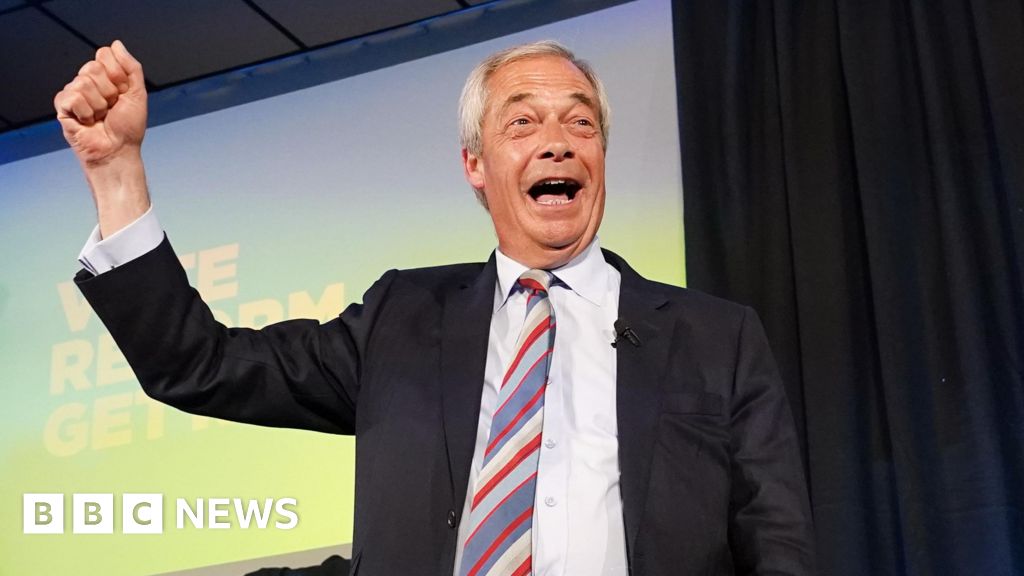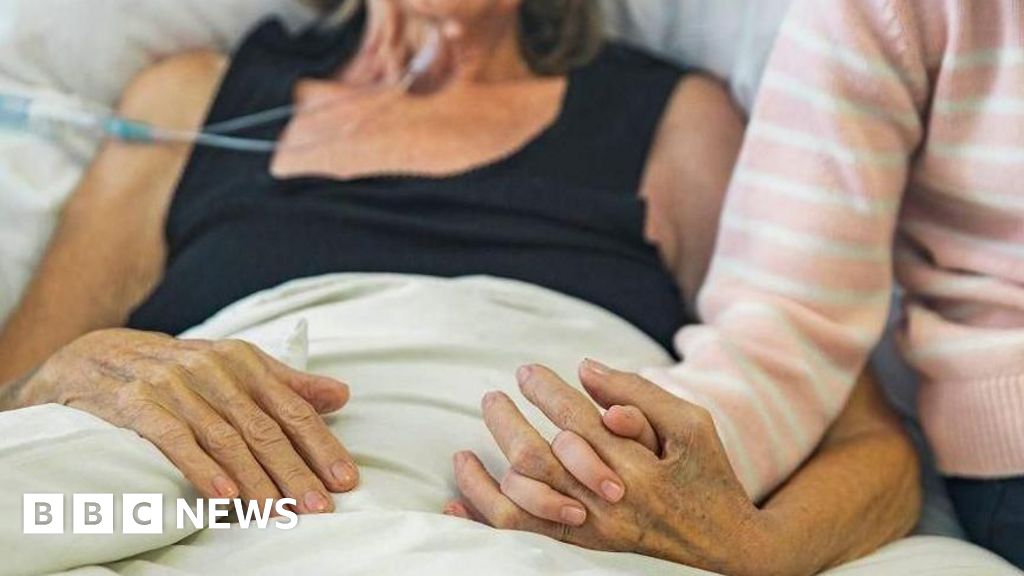ARTICLE AD BOX
By Christy Cooney
BBC News
Officials set to be named by Sue Gray in her upcoming report into Downing Street gatherings have until 17:00 BST on Sunday to lodge any objections.
Ms Gray, a senior civil servant who has led the investigation, is expected to publish her full report within days.
Around 30 individuals, including Prime Minister Boris Johnson, have been told they are likely to be named.
As of Saturday night, none had launched legal action to try to prevent their names being included in the findings.
Speaking to the BBC, Whitehall sources conceded that challenges could still be launched before the deadline.
Any such moves could further delay the report, the release of which was already postponed until after the Metropolitan Police had concluded its own investigation.
This resulted in a total of 126 fines being issued to 83 people, including one to Mr Johnson.
It is not known how much of the evidence gathered by Ms Gray, which includes a total of 510 images, will be made public.
But Labour has called for the report to be published "in full and with all accompanying evidence".
The BBC understands it is unlikely all the images will be released, although it is possible some will be published to illustrate the nature of the gatherings.
On Friday it emerged the prime minister and Ms Gray met several weeks ago over the report, although there are conflicting accounts of what was discussed.
Mr Johnson faced calls to explain the meeting from opposition parties, who said it threatened to undermine public confidence in the investigation.
Downing Street said the prime minister had been "clear throughout" that the report should be "completely independent", and the findings had not been discussed.
There hasn't been a renewed clamour among Conservative MPs for the prime minister to go, now that police have confirmed the scale of the fines imposed on officials and politicians in Downing Street.
But Boris Johnson's long-standing critics will pore over the Sue Gray report to assess whether his initial assertion that Covid guidance and rules were followed was credible.
The devil for Mr Johnson will be in the as-yet unseen detail of the Downing Street gatherings. If, for example, she were to provide descriptions - or even possibly, in some cases, images - of events that weren't socially distanced, that could potentially inflict more damage on the prime minister.
But if Mr Johnson, in the statement he will make to MPs when the report becomes public, can convince colleagues he was the victim of bad advice from his officials, then his next challenge will come in June.
That's when voters will get a chance to have their say in two crucial by-elections in Conservative held seats.
An interim version of the report, published in January, did not name individuals but criticised "failures of leadership and judgement" and said some events should not have "been allowed to take place".
The prime minister faces a further inquiry by the Commons' Privileges Committee about whether he knowingly lied to Parliament when he previously told MPs that no laws had been broken in Downing Street.
Under government guidelines, ministers who knowingly mislead the House of Commons are expected to resign.

 2 years ago
41
2 years ago
41








 English (US) ·
English (US) ·